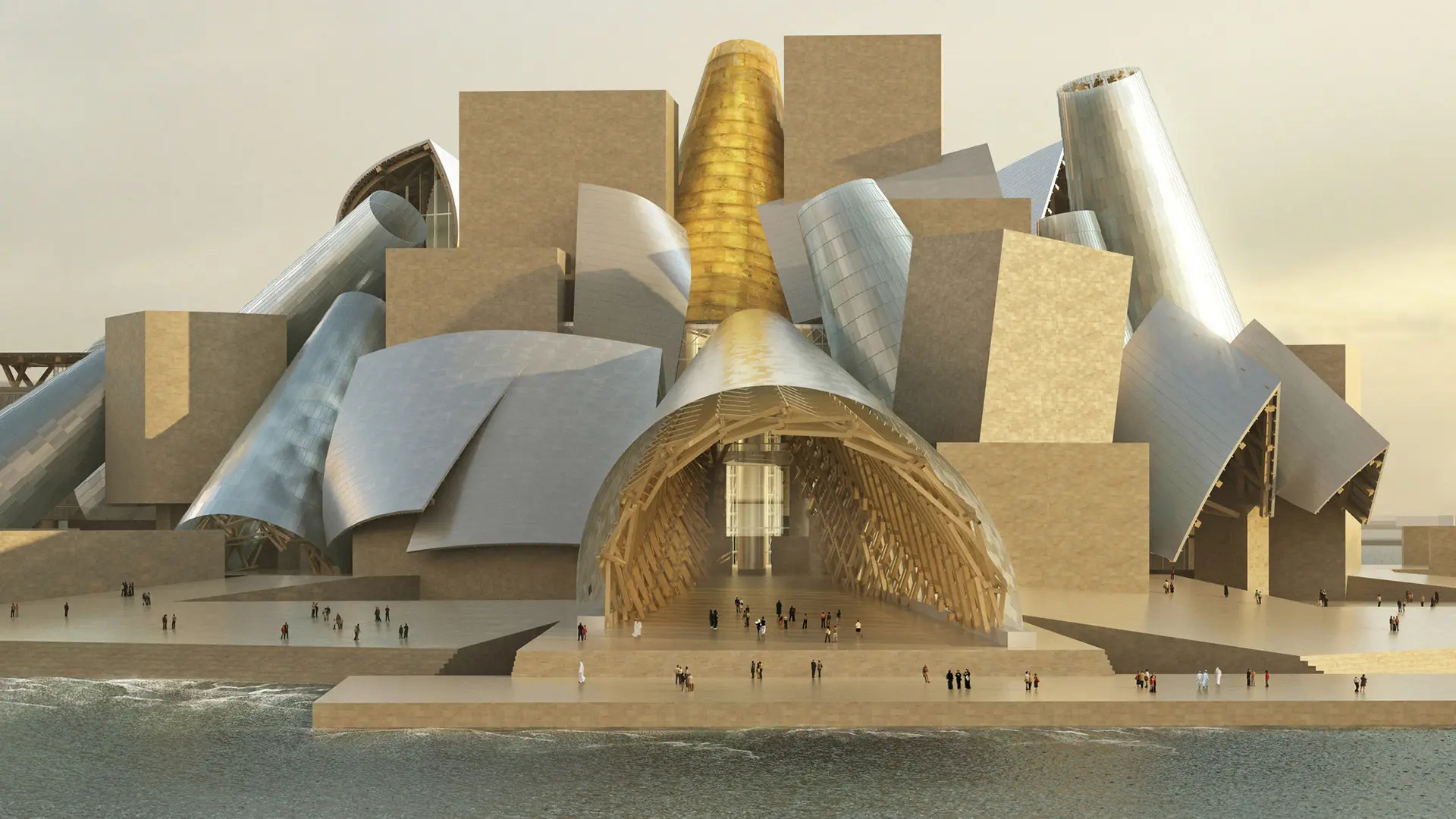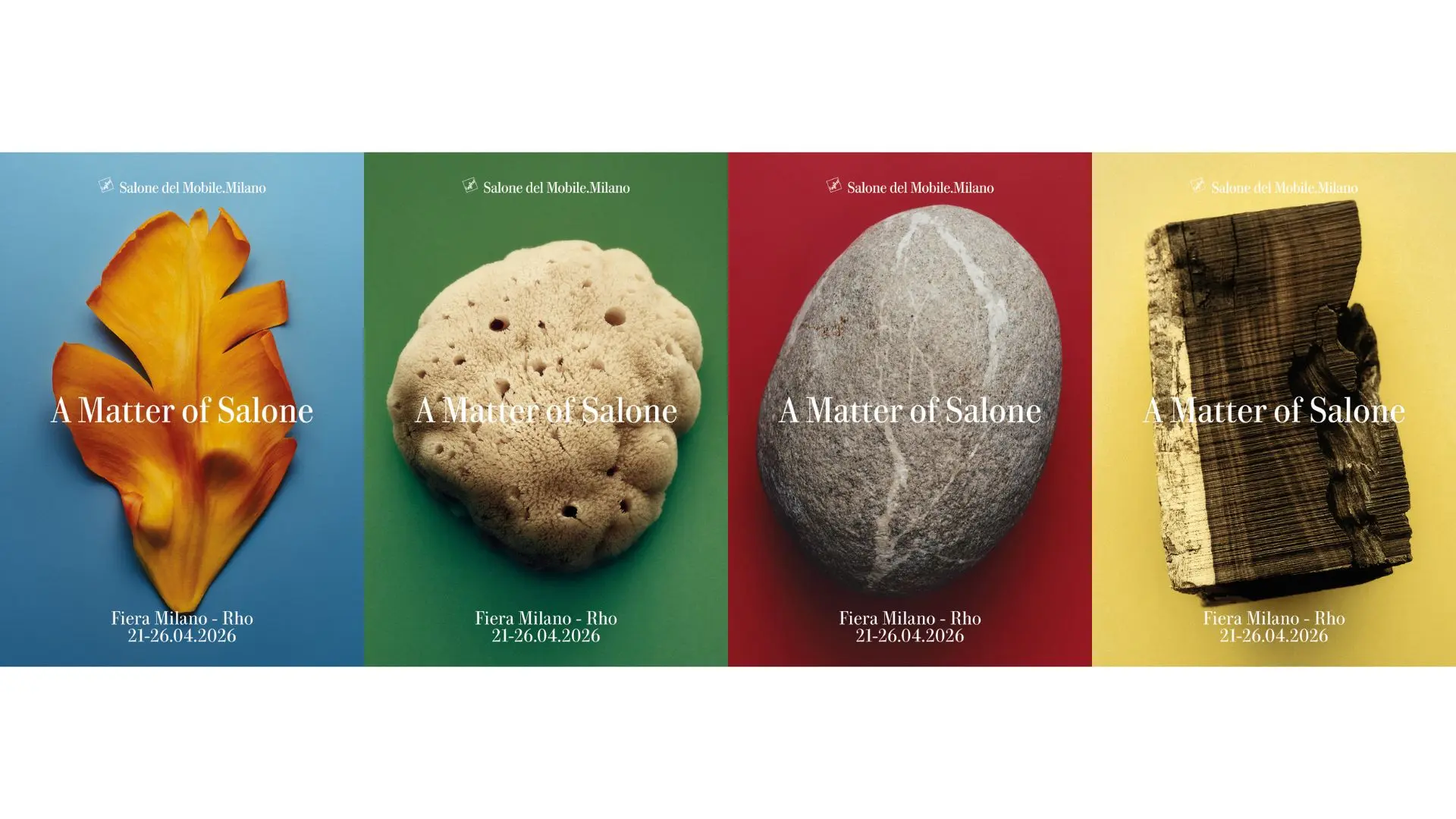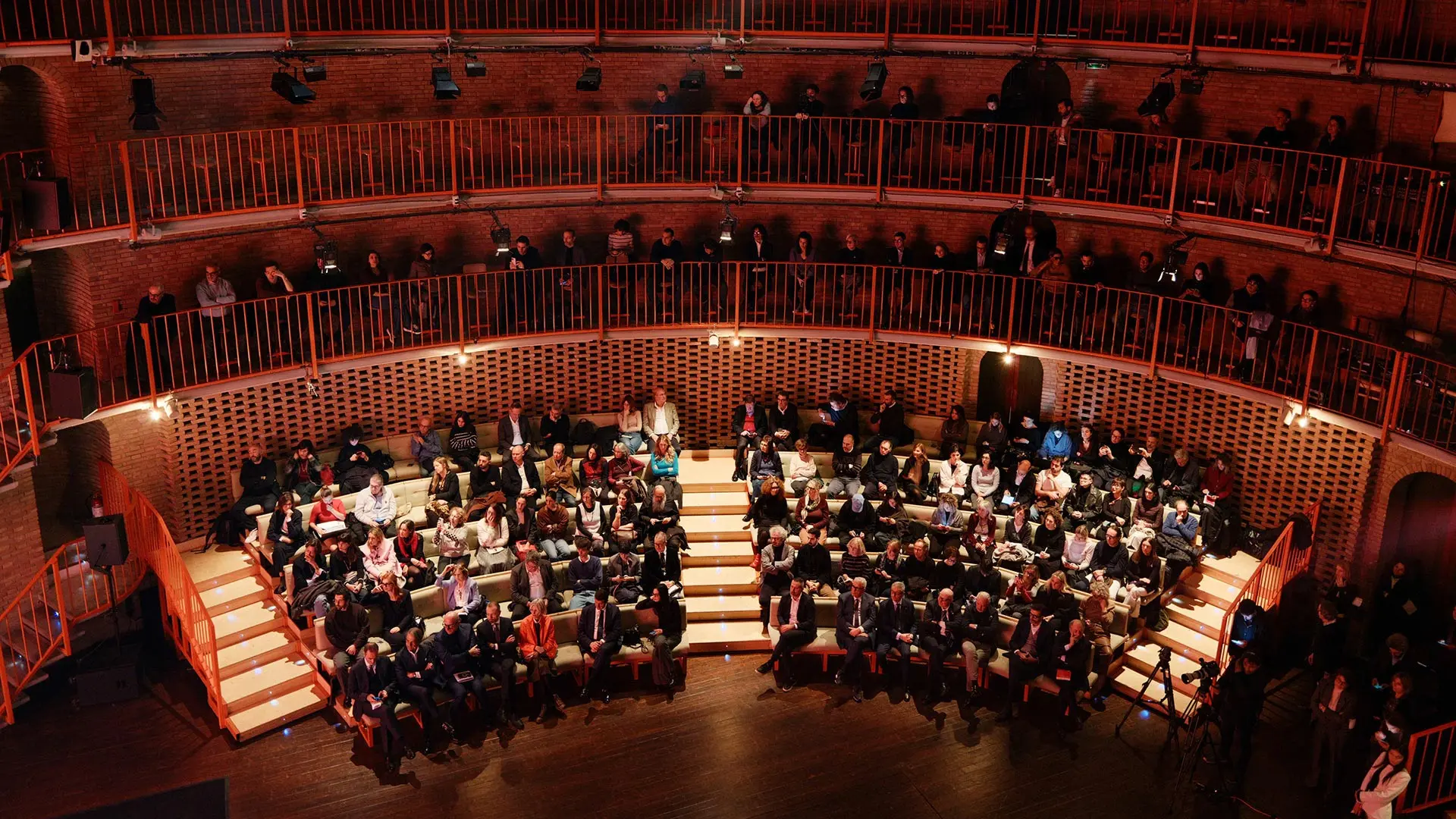From BIG to David Chipperfield, Frank Gehry to Snøhetta: a world tour of the best buildings set to open in 2026
The domestic space and happiness: an interview with Emanuele Coccia
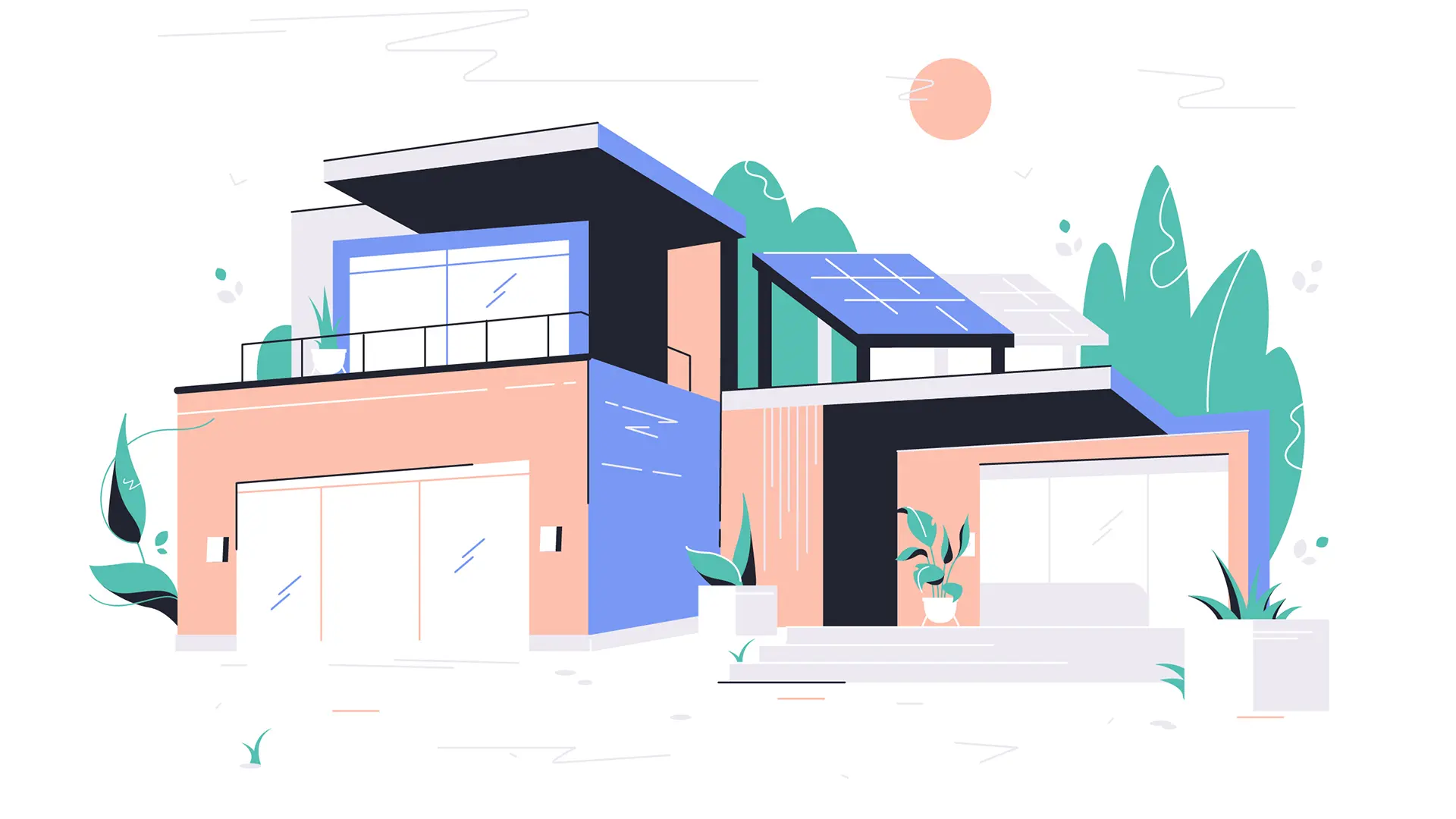
In his essay Filosofia della Casa (Philosophy of the Home), the author’s thirty house moves around the world provide an opportunity to reflect on an ancestral issue, which concerns us all.
“It will be WhatsApp rather than Le Corbusier’s Modulor that’s the model for communal housing,” says Emanuele Coccia, one of the most eclectic and esteemed intellectuals of our times. Born in 1976, he is a philosopher and Associate Professor at the École des Hautes Études en Sciences Sociales in Paris. He recently published Filosofia della Casa. Lo Spazio Domestico e la Felicità (Philosophy of the Home. The Domestic Space and Happiness) (Einaudi, 2021), in which he posits a new existential dimension of the home, a space in which all the objects exist as subjects. Or rather, the threshold over which a subject becomes a reality in the world. It is a sophisticated book, parts of which are impossible not to underline, in which his personal life is interwoven with different disciplines. In which there’s no shortage of disquisitions on fashion and social media – which he sees as “virtual domestic living rooms” – architects and contemporary cities “that are now coming to an end.”
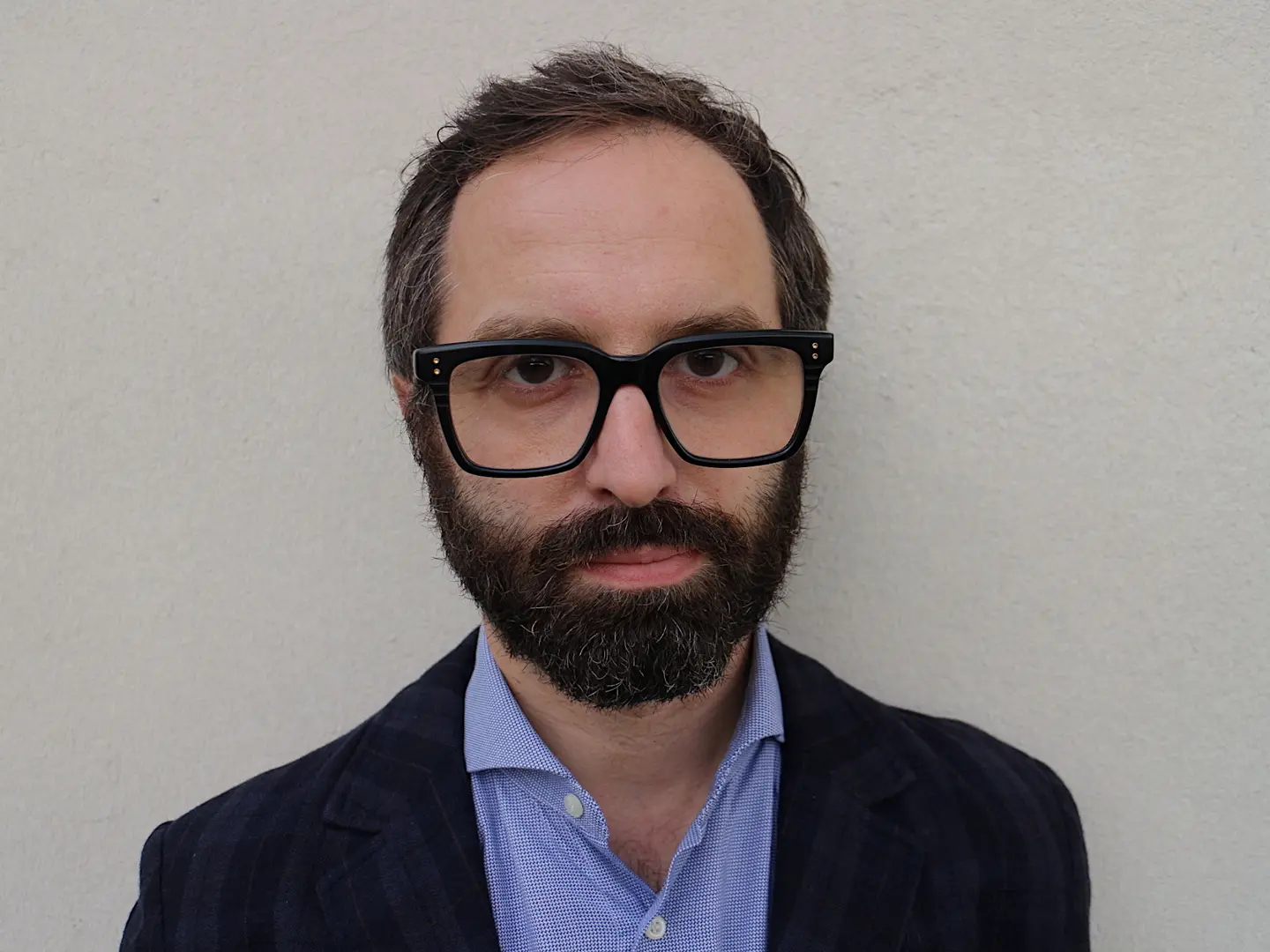
The idea of writing this book evolved over time, because of my 30 house moves. It was only by moving that I really understood the meaning of a home: a world inside a world. It’s an important first factor, because it demonstrates that home is a cosmic movement and not just an architectural fact – making a home doesn’t simply mean building an artefact, rather transforming the world, obliging the world to take on a certain form that corresponds to our needs. This in turn means that it’s not true that the world is there to host us: we’re not just in the world, to be in the world we need to ‘cook the reality’ transforming it to be able to live in it. On the other hand, the collection of objects and subjects that we put close together and that we want to be close to is designed to make our lives better. The essence of the home is expressed through this ‘better,’ this being better. A home is a moral object, not an architectural one.
Contemporary homes are still conceived, designed and built to the customs and habits of a nineteenth-century humankind. This is partly due to the inertia of states and legislative regulations, partly due to the laziness of architects and partly due to the fact that we haven’t wanted to revolutionise our homes because everything we have ever wanted in order to be happy could be found in cities. This doesn’t mean that we’ll be forced to live confined to our homes. It means that our homes will assume many of the traits that belonged to cities. It’s already happened, thanks to the new media, understood above all as digital corridors designed to expand our domestic experience. Basically it’s thanks to Instagram and Facebook that homes are already a sort of public plaza where we can meet and observe the lives of others.
From a certain point of view, the new media are virtual homes, extended homes, because they enable us to live with people who aren’t part of our family. What will probably happen is that the mineral houses will have to adapt to these digital domestic spaces and free themselves of the genealogical imagery on which they were built. The social media are really powerful tools for mixing reality and fiction and are still seeking more artists capable of using these tools that transform our lives into laboratories of invention. It’s odd because Facebook is basically a weird form of public and collective diary, yet there’s been no Homer or Proust capable of appropriating this genus – these are still largely underused tools. They should be used to make art, to create avantgarde and not for passing time. Creating avantgarde for these spaces would also mean new forms of association, new amorous relationships. Aside from the form social media will take, our homes will become increasingly similar to the sociality produced by these tools. It will be WhatsApp rather than Modulor that will be the model for communal living. Is it with this collective effort of invention that we will gamble with much of the happiness of the future?
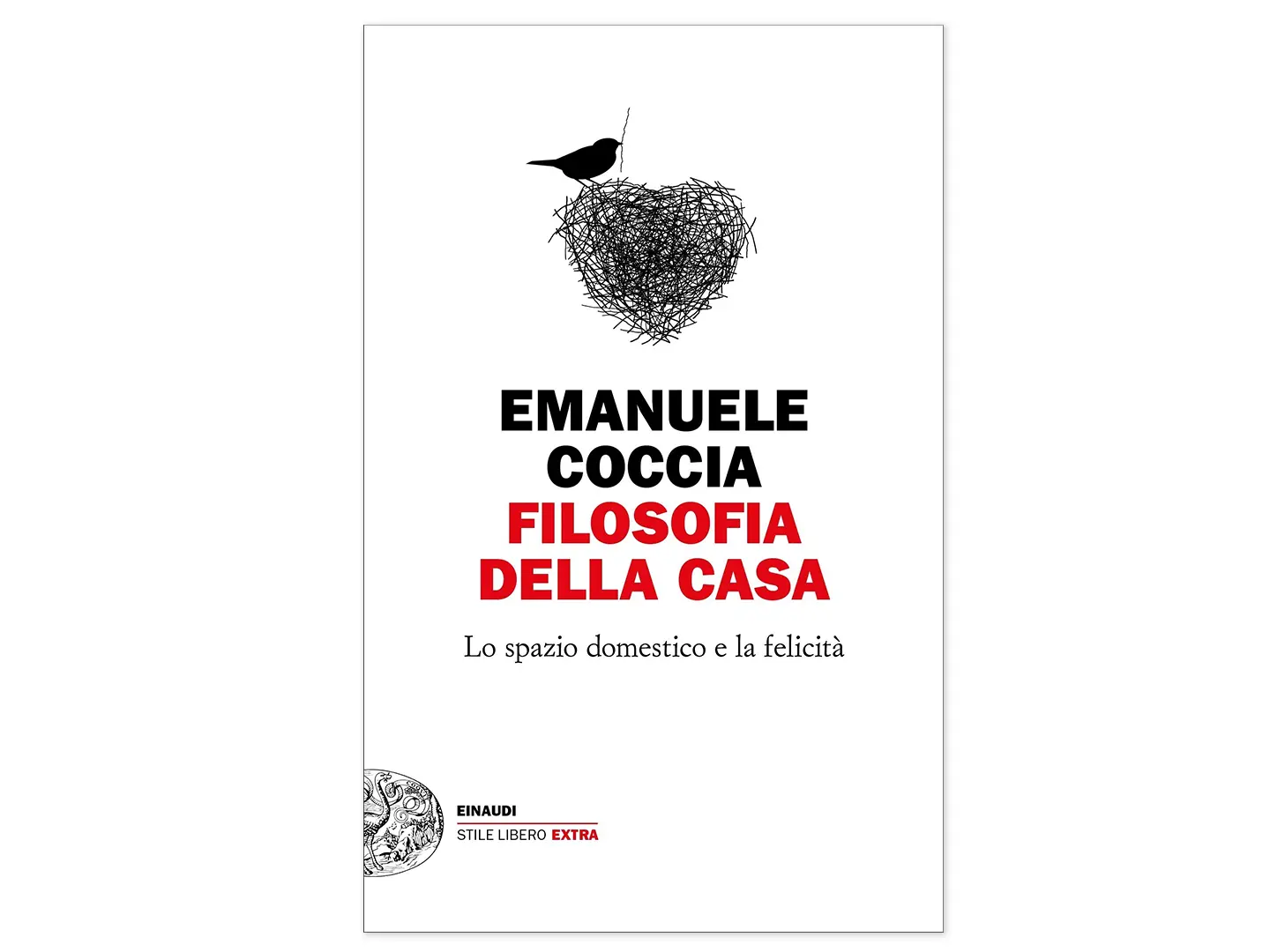
Modernity is born when the production of wealth ceases to be a domestic fact, familiar, bound up with genealogical affiliation, and becomes a public, political fact - the set of activities that produce wealth – migrates from homes to cities. This also accounts for the fact that homes become more ‘urban’ – now all that’s needed is to make the spatial proximity of the population to places of production possible. Nations and cities become the places of production, of distribution and of consumption of this wealth, totally remapping the social fabric and the overall identity of the population. This is precisely the point, that’s why we are witnessing something revolutionary: the return of work to the home signals the end of this modernity and also the end of the city. If it becomes possible to work from home, there’s absolutely no need to work close to other people for productive or professional needs, the order of association becomes free and arbitrary. From this point of view, love could prevail over work. Not necessarily matrimonial love, because families too are a patrimonial and not an affective unit, which should have made the link between production and reproduction possible. When everyone’s working and reproduction no longer serves to reproduce the workforce, the love association can create new forms.
One way of defining the Anthropocene is to say that the planet has now become our home: there’s no longer any other space that isn’t occupied and inhabited by men. On the other hand, though, this means that our homes no longer take the traditional form, when they were inhabited only by human beings. Our home, which is a big as a planet, now contains millions of species and we cannot allow ourselves to go on treating these species like ungracious guests, like mice or cockroaches. From this point of view, it is we who need to change our attitude, learning to live differently, but also to think about homes as something much more akin to stables or zoological gardens a lot more than we have done up till now.
I’ve never thought of philosophy as being a separate discipline from the others. The name philosopher is an ironic term that was invented in Ancient Greece to oppose the logic of specialisation and experts. My connection with a certain field of knowledge isn’t defined by a method, by a master, by belonging to a confraternity, but by an irresistible passion for which I cannot account. Philosophy is this: it draws on all fields of knowledge generated not by a method of a discipline but by an irresistible passion that has not only changed the posture of the subject who has the knowledge but also that of the knowledge produced, which declines the verb to love not the verb to know. That’s why there’s no sense in thinking that a philosopher has to focus on Kant, Hegel or Aristotle. A work by Parreno is philosophy in itself, just as a Formafantasma exhibition can be, or a park by Bas Smets.
Title: Filosofia della Casa: lo Spazio Domestico e la Felicità
Published: 2021
Language: Italian


 Stories
Stories




